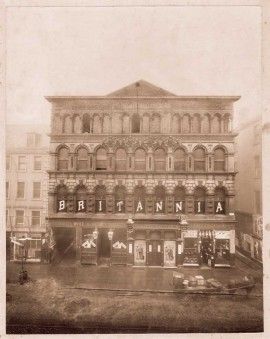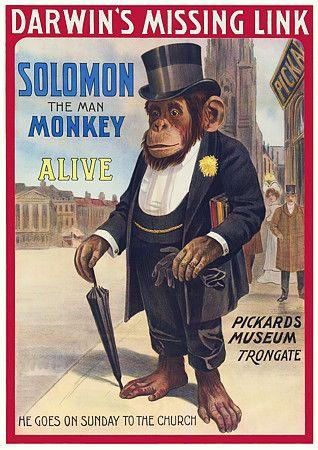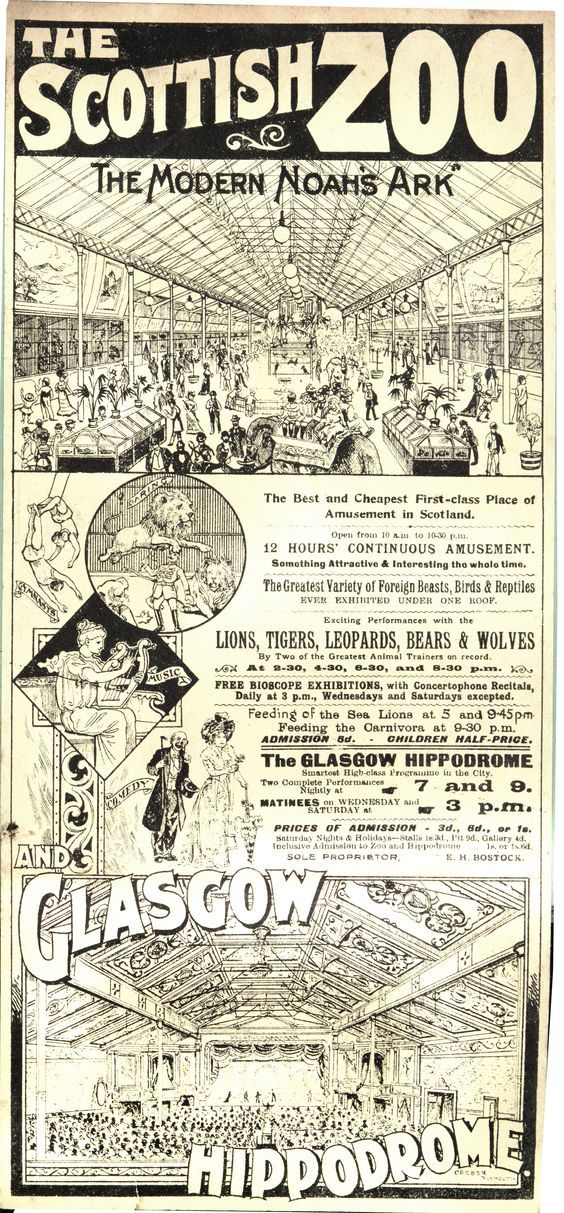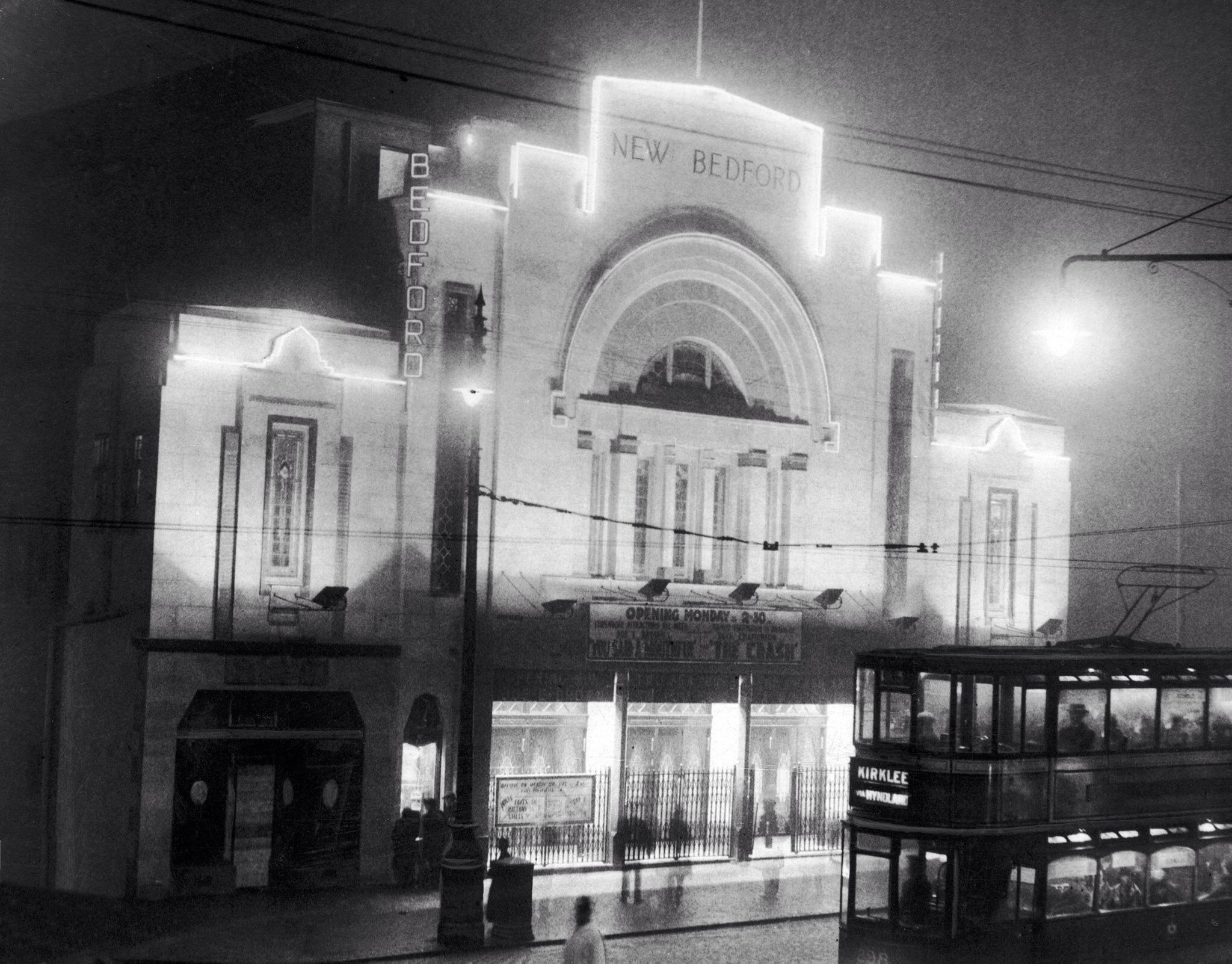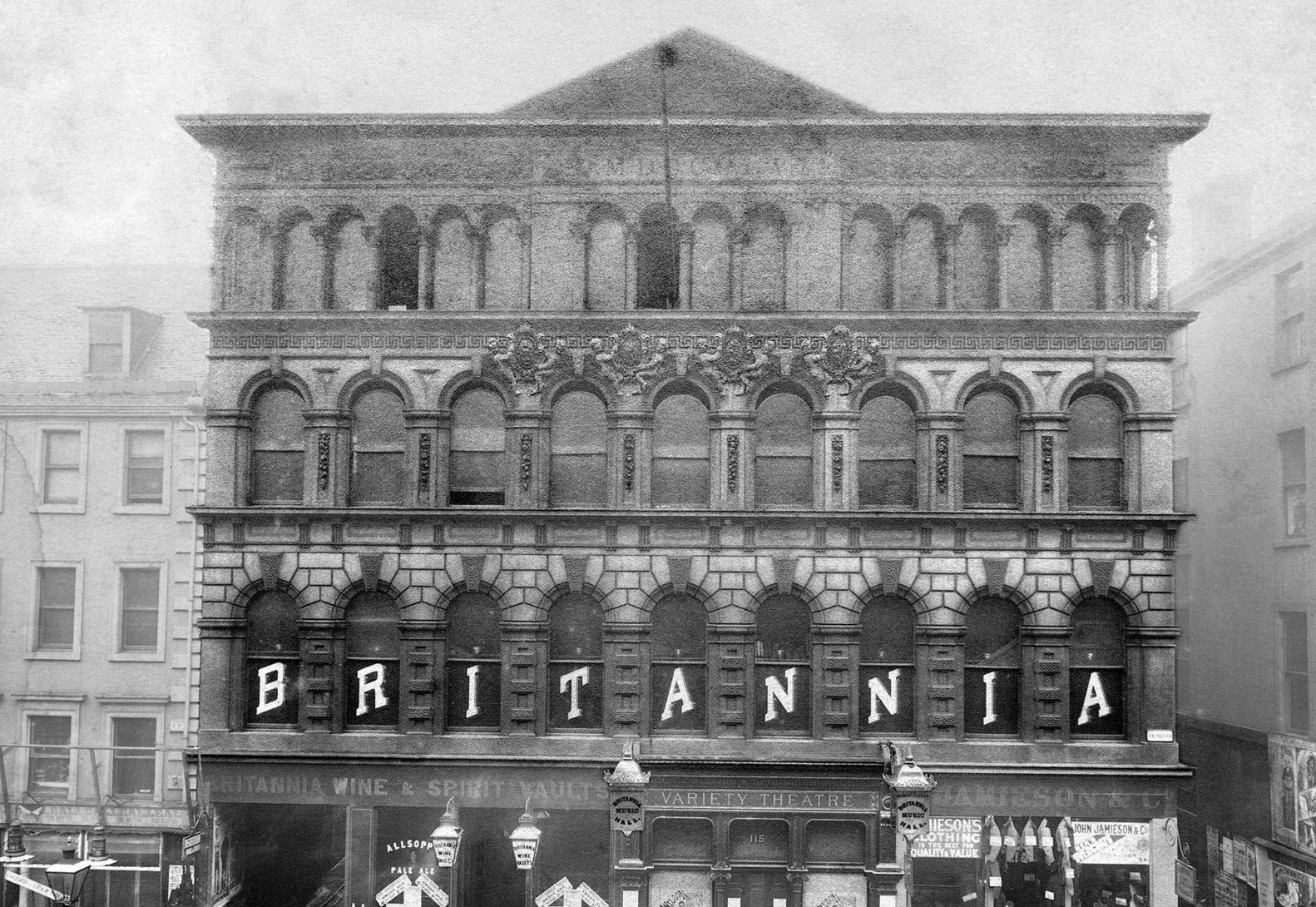
IT’S now over 160 years since the world’s oldest surviving music hall opened in Glasgow.
Located in the Trongate, the Britannia Panopticon Music Hall is so unobtrusive and fits in so well with its surroundings, you would be hard pushed to even know it was there.
But inside, lies a treasure trove of history very different to its demure façade. In its hey day the Britannia was the sauciest, bawdiest, most scandalous music hall in the UK, housing criminals, gangs, prostitutes and a whole host of brash entertainment.
“The Britannia is so special because it gives a real insight into the lives of the working classes at the time,” says Judith Bowers, founder and director of the Britannia Panopticon Music Hall campaign. “Their lives were brutal. This is the time when you’d have 20 people living in a single end room in a tenement block, so they needed somewhere to go to blow off steam and be entertained and escape.”
What were music halls?
Music halls started life after the theatres act prohibited any performance that was not deemed morally decent by Lord Chamberlin. However, he couldn’t physically see what happened in working class pubs and saloons, so singing and bawdy entertainment became common place on stages put up in the back of these establishments.
“The Britannia vaults were different from other pubs in that they had no space at the back for the stage to perform,” said Ms Bowers. “So they put a stage upstairs above the pub.”
“In those days, there were no real toilet systems in the building, so people would simply urinate where they stood because they couldn’t be bothered, or physically couldn’t (because of the crowds) go back downstairs to get outside to relieve themselves.
“Therefore, where other music halls burned down, the Britannia was so saturated in the urine of its punters, it simply couldn’t. Also, the ammonia in the urine sitting on the wood has helped to preserve it. That’s why it’s survived so long.”
A zoo and a freakshow.
But the Britannia was not just a music hall. The building was once home to a freak show, a zoo named “Noah’s Ark”, a wax works, and a carnival with 17 entertainments from a coconut shy to a hall of distorting mirrors.
“Panopticon comes from the Greek literally meaning to ‘see everything,'” said Ms Bowers. “It was once the most popular attraction in Glasgow and had all sorts, from the world’s heaviest woman, to the smallest man in the world, to the human spider.
“The zoo also had a married chimpanzee couple, Solomon and Betsy, a nine-foot Russian bear, dog faced baboons, lemurs, a reptile house and an aviary.”
Glasgow’s very own Greatest Showman.
The Panopticon was founded in 1906 by A.E Pickard, a young man from Bradford, who had seen and been inspired by America’s P.T Barnum after seeing his travelling show as a boy.
After the old Britannia music hall began to become obsolete in the face of more modern entertainments, Pickard recognised that as the second city of entertainment only to London, his showmanship and Panopticon could be welcomed in Glasgow.
Welcomed it was, and Glaswegians came in their droves. However, it was a name that no-one in the city could remember, spell or pronounce, so locally it became known as “The Pots and Pans.”
Pickard was a true showman and soon became renowned for his over the top advertising stunts. “There’s a story of Hengler’s Circus once letting its elephant loose on Sauchiehall Street to advertise and Pickard knew he needed to do something to better that,” said Ms Bowers.
“So, he let his poor bear loose onto the streets of the Trongate, grabbed a gun and enacted a chase which he had filmed, and shot the bear dead. That footage still exists in the Scottish screen archives.”
Many faces and names we still recognise today like Francie and Josie made their debuts at The Britannia, and A.E Pickard was renowned as being a recogniser of true talent. “He was also known as a kindly man,” said Ms Bowers. “There’s a horrible story of two young girls Bijou (7) and Bunty (9), who were sold to a manager of young performers by their alcoholic parents in exchange for gin.
“When Bijou was forced to dance and practice so much her feet were bleeding, Bunty head butted the manager in the stomach and was then locked in an attic in a house in Coatbridge for two days without food or water.
“She escaped, walked nine miles back to the city, auditioned for A.E Pickard and was then taken under his wing. She saved enough and managed to buy her sister back who then also came to work at the Britannia.”
But there were also cruelties within the Panopticon. “Animal cruelty was rife. There were acts like ‘the dancing chickens’ who were essentially placed on hot plates so they would jump up and down,” said Ms Bowers.
“There was also a little girl in the Gorbals who would be taken from her bed on nights where crowds were becoming too angry and rowdy and placed on the stage to perform to try to calm them down.”
Demise
During the First World War, people were no longer interested in watching performances – they wanted to see real footage of the war. The battle of the Somme for example, was filmed and shown at theatres in Glasgow.
When soldiers returned traumatised, missing limbs and permanently disfigured, freak shows became taboo, politically incorrect and a thing of the past.
By 1938, 130 cinemas were competing for business in Glasgow, and even thought the Britannia had been one of the first to show the moving picture, it simply could no longer survive.
After entertaining Glasgow for 81 years, the Panopticon closed its doors and was taken over by a tailor business. They blocked off the upper balcony of the music hall, and in doing so, helped to preserve all that was there until it was revisited in the 1990s.
“It remained exactly how it had been when the last audience had been there in the 1930s,” said Ms Bowers. “There was even a newspaper left by workmen who put up the blocking, discussing the rise of the Nazis. It was like a time capsule.
“3000 objects have been catalogued and found, from sweetheart brooches from the Boer War, and First World War to wedding bands made out of copper pennies, tram tickets, baby’s bibs, and over 300 men’s fly buttons from the time prostitutes would frequent the hall.”
Today Ms Bowers and a team of dedicated volunteers are working to preserve and conserve the building.
A large programme of events are available including shows, films and a museum of music hall history, ensuring the colourful history of the Britannia is kept alive.
Find out more: www.britanniapanopticon.org

Enjoy the convenience of having The Sunday Post delivered as a digital ePaper straight to your smartphone, tablet or computer.
Subscribe for only £5.49 a month and enjoy all the benefits of the printed paper as a digital replica.
Subscribe